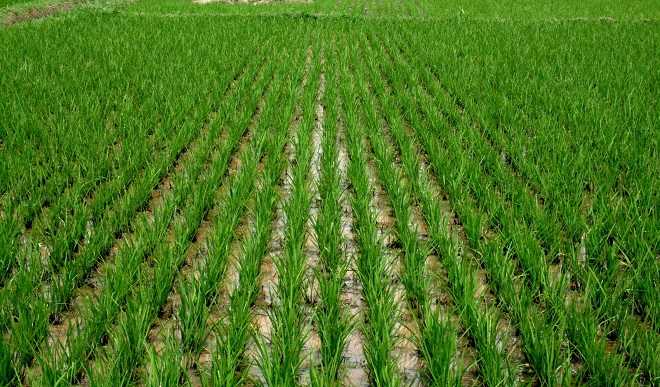FAO distributes 51 bags of rice seeds to Anambra farmers
The Food and Agricultural Organisation (FAO) in collaboration with Africa Rice Nigeria has distributed 51 bags of improved rice seeds to 50 farmers in Anambra to boost production. Mr Andrew Ikhadeunu, FAO National Project Coordinator, Rice Value Chain, told newsmen in Awka on Monday that the beneficiaries were earlier selected and trained in February. “They […]


The Food and Agricultural Organisation (FAO) in collaboration with Africa Rice Nigeria has distributed 51 bags of improved rice seeds to 50 farmers in Anambra to boost production.
Mr Andrew Ikhadeunu, FAO National Project Coordinator, Rice Value Chain, told newsmen in Awka on Monday that the beneficiaries were earlier selected and trained in February.
“They were given demonstration plots for planting. Now they have harvested, we are following it up with the improved seeds of 51 bags of rice for them,’’ he said.
Ikhadeunu said that the aim was to support the Federal Ministry of Agriculture and Rural Development which is the facilitator of the programme to empower rice farmers in the state.
“There is need for us to come out of hunger. If we are to put an end to massive rice importation, there is need to empower some Nigerians with such intervention programme.
’’We look at it that there is need for us to support the farmers. We look at the states that have potentials, and Anambra state is one of them,’’ he said.
According to him, other benefiting states in the programme are Abia, Ekiti, Edo, Nassarawa and Jigawa.
He urged the beneficiaries to resist the temptation of selling the rice seeds, adding, “what you have is the best and with your cooperation, we can achieve food sufficiency in the country."
Dr Francis Nwilene, Regional Representative of Africa Rice Nigeria said that the target was for each state of Nigeria to be self sufficient in rice production.
Nwilene, who was represented by Mr Jide Oladejo, one of the scientists in FAO, said that the major challenges of rice production in Nigeria were impurities.
